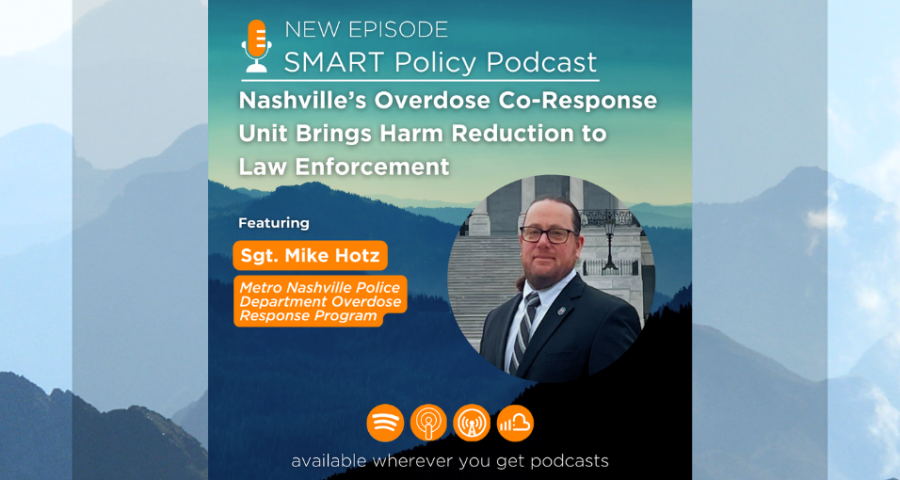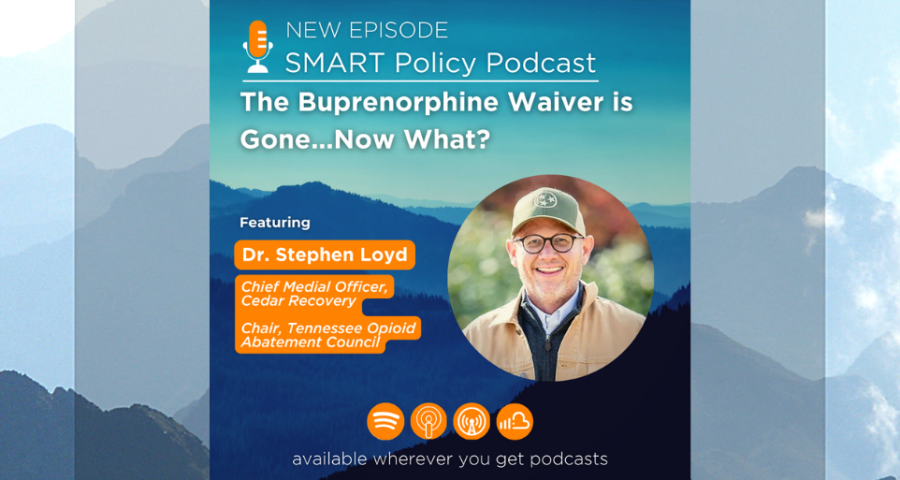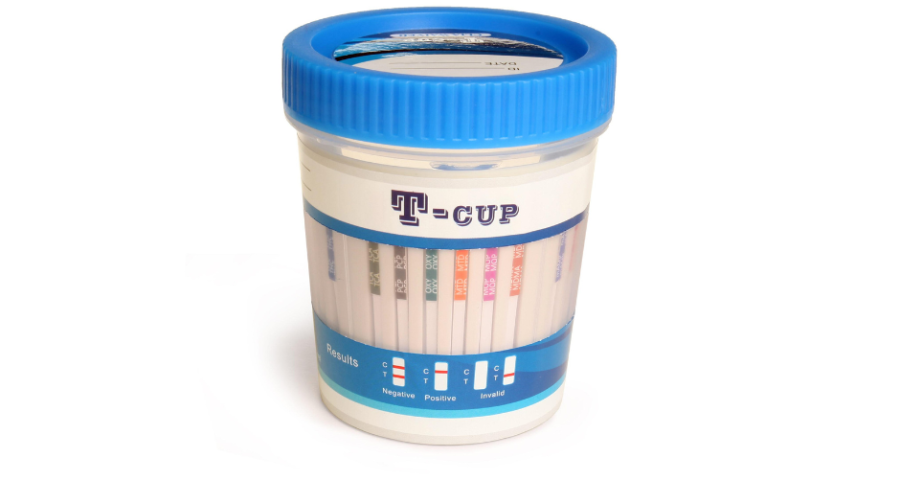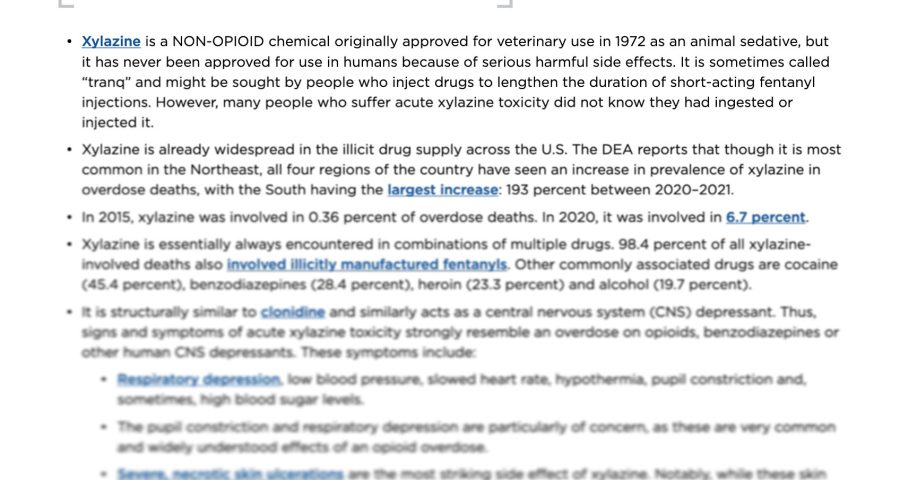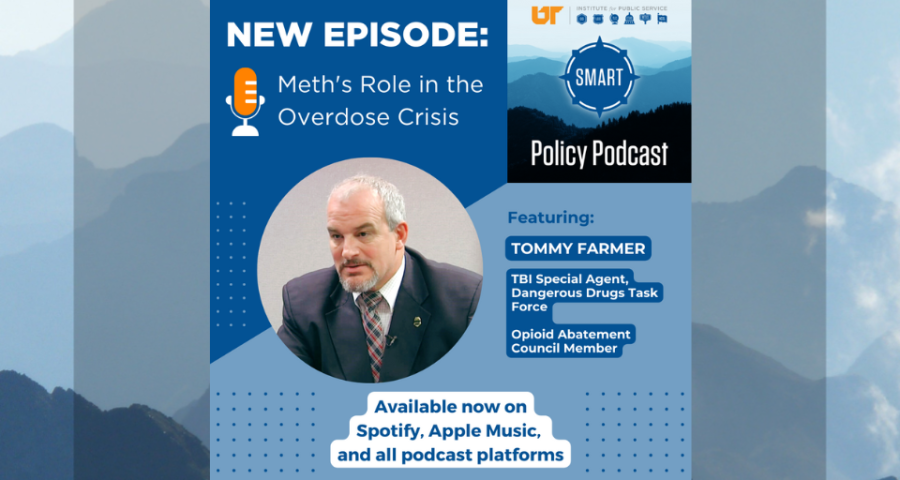On May 21, the New York Times published an article titled “Has Fentanyl Peaked?” The premise is that the “opioid crisis…may finally be turning around” based on the fact that preliminary data from the CDC shows that drug overdose deaths slightly declined in 2023, now down to 107,543 estimated deaths
“Has fentanyl peaked?” is the wrong question.


